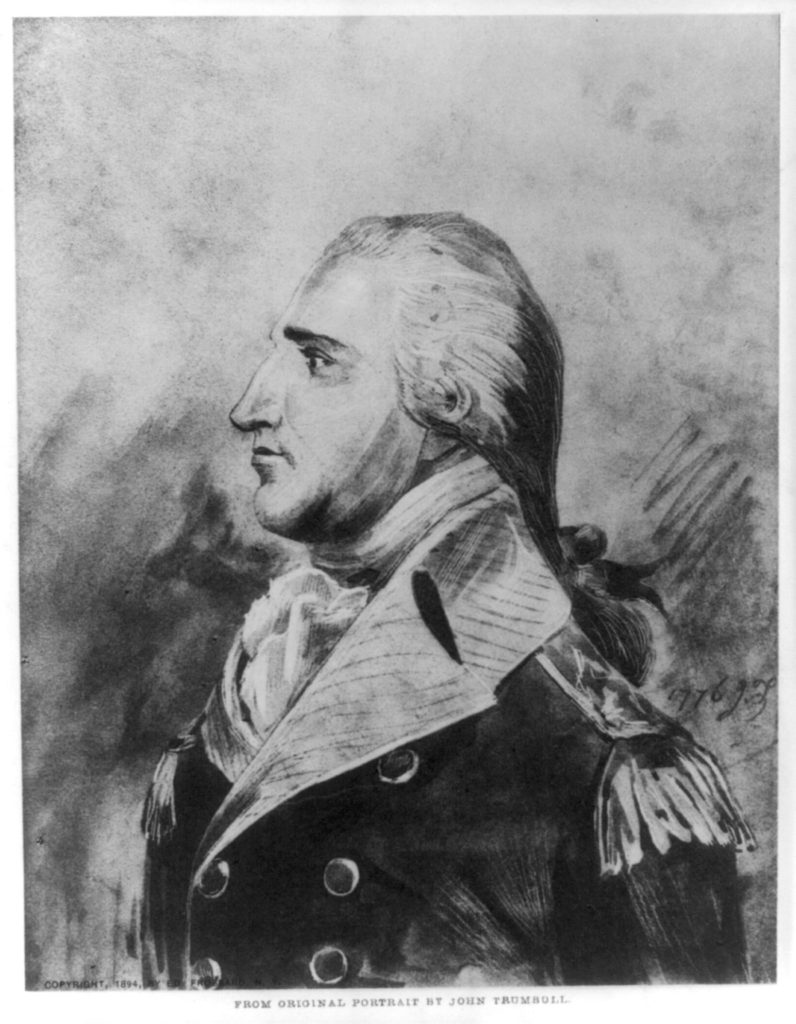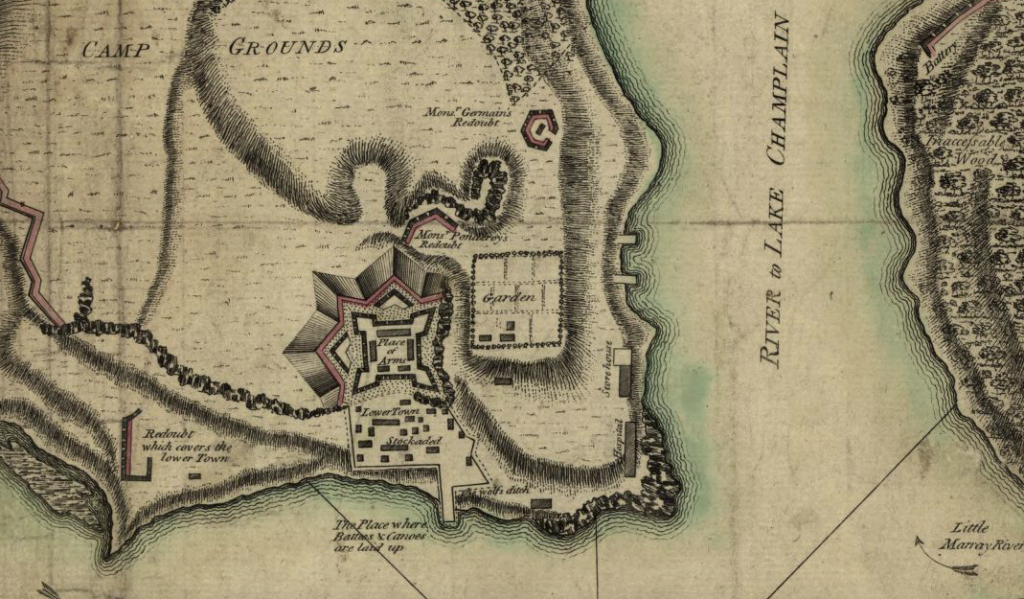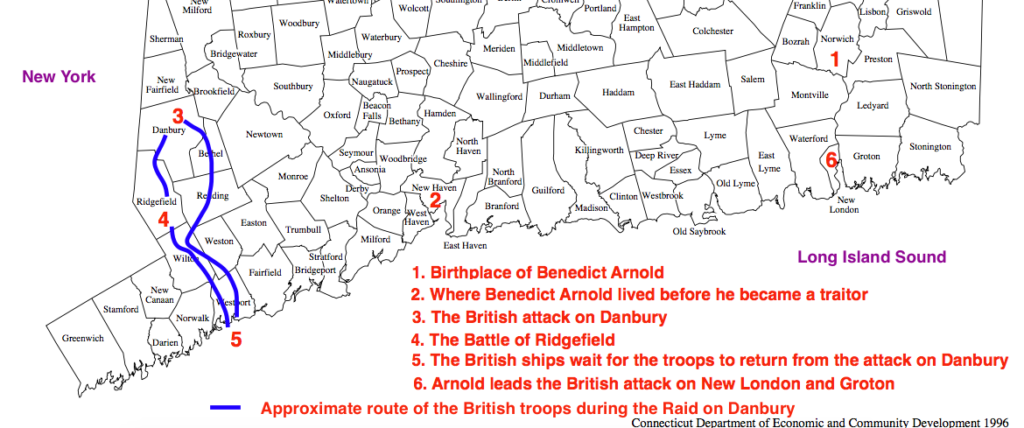Benedict Arnold: A Traitor Among Us
By Bobby Shipman

Benedict Arnold. Library of Congress
Have you ever heard the word traitor? A traitor is someone who has betrayed a person’s trust. Another definition is someone who commits treason. Treason is betraying your country. In the United States, when people think of the word traitor they think of Benedict Arnold. Arnold was a general who led the Americans to many victories. But he switched sides. It was one of the worst betrayals in American history.
Benedict Arnold was born on January 14, 1741 in Norwich, Connecticut. His mother was wealthy, but his father lost their fortune. Arnold’s first job was in an apothecary. An apothecary is a store that sells medicine.
In 1758 he ran away to New York. He was 17 years old. He joined the militia to fight in the French and Indian War. The British were fighting the French and their Native American allies for land. Arnold joined the British, the side most colonists were on.
When the war ended, Arnold settled down. He got married and became a businessman.
In April 1775 the Revolutionary War broke out. That spring his wife died. He joined the Continental Army to fight for independence.
A few weeks later, on the evening of May 10, 1775, he and his troops joined Ethan Allen (who is also in this book) and the Green Mountain Boys. They went to capture Fort Ticonderoga. The British general in charge of the fort came to the door. He was still in his nightclothes. He took one look outside and surrendered.

Detail of a map showing Fort Ticonderoga. Library of Congress
This victory was easy. They weren’t all like that. On December 31, 1775 Arnold and his men tried to take Quebec, Canada for the Americans. They failed. Fortunately, Arnold escaped capture. He was promoted from colonel to general.
Other victories followed. In October 1776 the British planned to invade America through Lake Champlain. Arnold quickly created a navy that beat the British navy. This was a big deal. It was said that the British navy was the best in the world!
The Continental Congress decided not to reward Arnold with a promotion. Arnold was mad. Still he remained loyal. But trouble was brewing.
The Battle of Ridgefield

Timothy Keeler’s tavern, now a museum, drew cannon fire during the Battle of Ridgefield. A cannonball is still buried in a side of the building. The British believed patriots were making ammunition in the basement. Courtesy of The Keeler Tavern Museum, Ridgefield
On April 26, 1777 the British attacked Danbury. The Americans had stockpiled provisions and ammunition there. Arnold was in New Haven. He rushed to help defend Danbury, but he was too late. The British burned the town and all the supplies. Arnold didn’t give up. He and his troops tried to stop the British as they returned to their ships in Long Island Sound.
This time the Continental Congress rewarded Arnold’s bravery. They promoted him to Major General.
Arnold went to New York. In August 1777 his troops helped beat the British at Fort Stanwix. Soon after came what was perhaps his most famous victory, the Battle of Saratoga.
The Battle of Saratoga was really two battles on September 19 and October 7, 1777. First the British won. They attacked a second time on October 7. Arnold’s troops pushed the British back to Saratoga. The British were surrounded and then surrendered.
In June 1778, Arnold was sent to Philadelphia, Pennsylvania. He met Peggy Shippen who was a loyalist. They got married in 1779. He had money problems. A military court tried him for misbehavior. He got off with a warning, but his loyalties were shifting.

Betrayal
In 1780 General George Washington put Arnold in charge of the army at West Point, New York. The British offered Arnold money to hand the fort over to them. The plot was discovered, but Arnold escaped to the British side. He became a British general!

Abigail Hinman watches New London burn after the British attack under the leadership of Benedict Arnold. Painting by Daniel Huntington, 1854, Lyman Allyn Art Museum
In September 1781 Arnold led a British attack on New London and Groton, Connecticut. The area was just a few miles from where he was born! Much of New London burned. Many militiamen died defending Fort Griswold in Groton. Others were taken prisoner.
It was the last British victory. A month later, the British surrendered. America had won independence!
After the war, Arnold fled to London. He died there on June 14, 1801.
The life of Benedict Arnold is a warning. It warns us that betrayal will never end well.
Read about Ethan Allen HERE.
Bobby Shipman is a fifth grader at Tariffville School. Elizabeth Normen contributed to this story. This story is based on “Benedict Arnold Turns and Burns New London,” Connecticut Explored (Fall 2006) and “Benedict Arnold and the Battle of Ridgefield,” Connecticut Explored (Winter 2017-2018).
Place to Visit:




